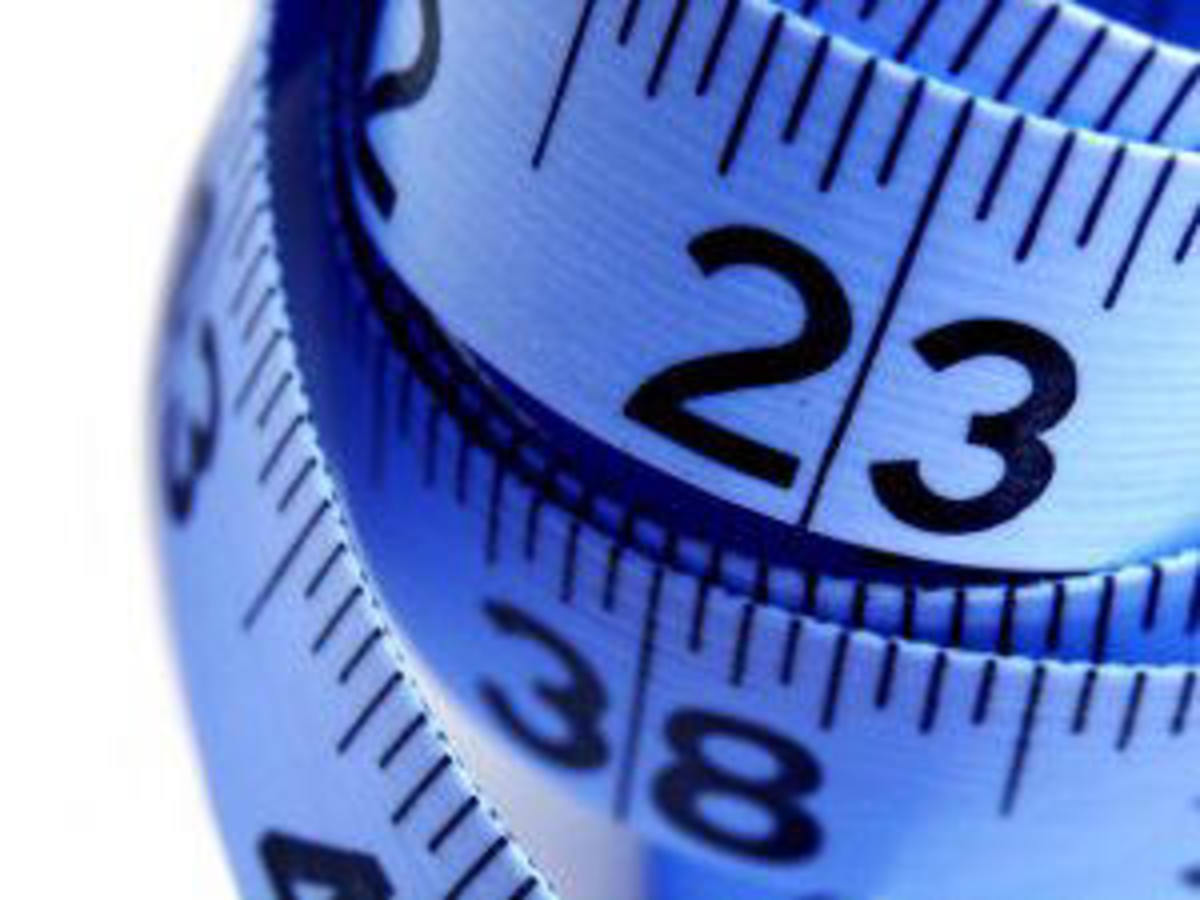4 Reasons Counting Calories Won't Help You Lose Weight
Why won't counting calories work?
Our bodies are just physiologically different. It's all about learning what works for you.
Calorie Calculation
There are a large number of calculators that claim to calculate how many calories you should eat. These are based on height, age, weight and a number of other factors, however they ignore physiological differences. The truth is that our bodies work in different ways. We all know that person that eats ten tons of junk and doesn’t gain a pound, while many of us feel we gain weight just thinking about food!
Not to mention the fact that the estimated calorie amounts on food labels are thought to be only 90% accurate at best. Sure, 90% seems like a high enough number, but when we’re talking calories, 10% can be a big leap.
Exercise technology can also calculate how many calories you have burned while exercising. However, this is, again, a generalised result. Some people are natural-born athletes. They can exercise for longer periods of time than many others before fatigue sets in. This is thought to be down to physiological differences too. Someone with this genetic advantage would burn fewer calories doing the same exercise as an average person.

Individual Differences
So why does this happen? Our bodies all do the same thing when it comes to eating; breaking down food into molecules that can be used by cells to create energy. This energy is then used to perform basic functions such as breathing and even resting, as well as for movement and exercise. The difference lies in the physiological makeup of each individual. Some people’s bodies will create and use energy much more quickly and effectively than others. There are a number of different reasons for this. I’ll give you 4.
1). The biological structures involved in energy creation and usage
Science shows us that differences in individual physiology are indeed possible. People of Ethiopian descent produce a higher number of red blood cells than others. This is because their ancestors’ tribes lived in high altitudes so their bodies “learned” to compensate for lower oxygen levels by producing more red blood cells. Also, people with lactose intolerance create too little of an enzyme known as lactase, needed to digest substances in dairy products (lactose). These facts show that it is entirely feasible that the microscopic structures our bodies possess can either be optimised for weight loss or make it more difficult.
2.) Metabolic rate
Metabolic rate describes the speed at which our bodies break food down into energy and make use of it. Again, this differs between different individuals. Age also plays a large role in metabolism.
Some Dieticians claim that you can increase your metabolic rate with the right diet, but your natural rate is biologically set.
3). Calorie differences
Calories are all the same right? Nope. If you get 300 calories from a chocolate bar or 300 calories from a vegetable dish, the calories from the chocolate bar, which contains substances like saturated fats, will cause more weight gain.
The other tricky aspect of trying to eat more healthily is low-fat food versions of less healthy dishes. Ever wonder how your meal tastes so good even though it’s only 150 calories? A lot of the time, the sugar content in these foods is high. Most of these are still better than their full-fat counterparts, but be wary of the sugar content.
4.) Lifestyle
If your daily calorie intake is high and you walk for 10 minutes each day, you won’t get far with losing weight. Similarly, if you’re calorie intake is average and you are a body-builder, you will burn more calories than you take in. Both of these scenarios would lead to negative health impacts if they continued for long periods of time.
What Do I Do Now?
Am I saying don’t reduce your calorie intake and stop exercising? Not at all. Eating better and exercising may be the one thing fitness experts agree on as an effective method of weight-loss. There needs to be a calorie deficit. All I’m saying is that it is a waste of time to focus on counting each calorie and trying to estimate how many calories are going in and out. It’s just impossible to measure it accurately.
Reduce the amount you eat, eat healthier food, exercise regularly and you’re on your way to losing weight effectively.
© 2018 Richard Parry








